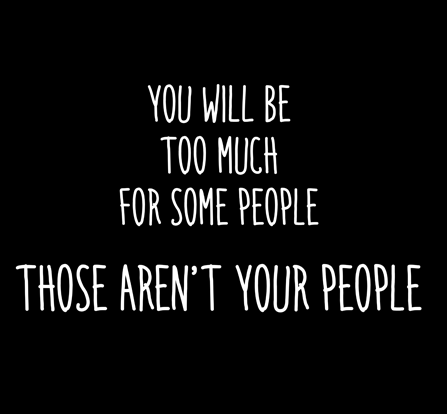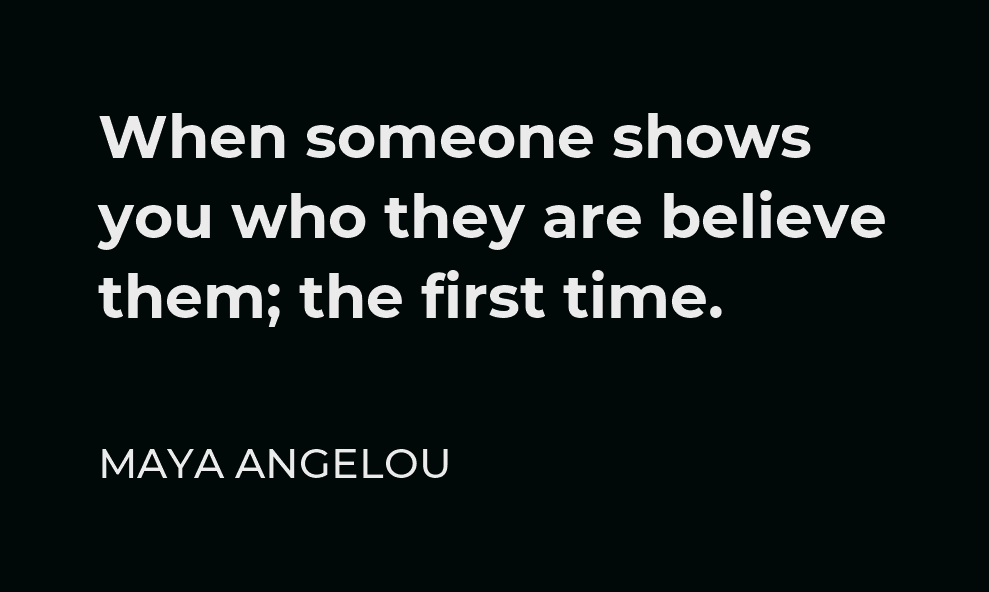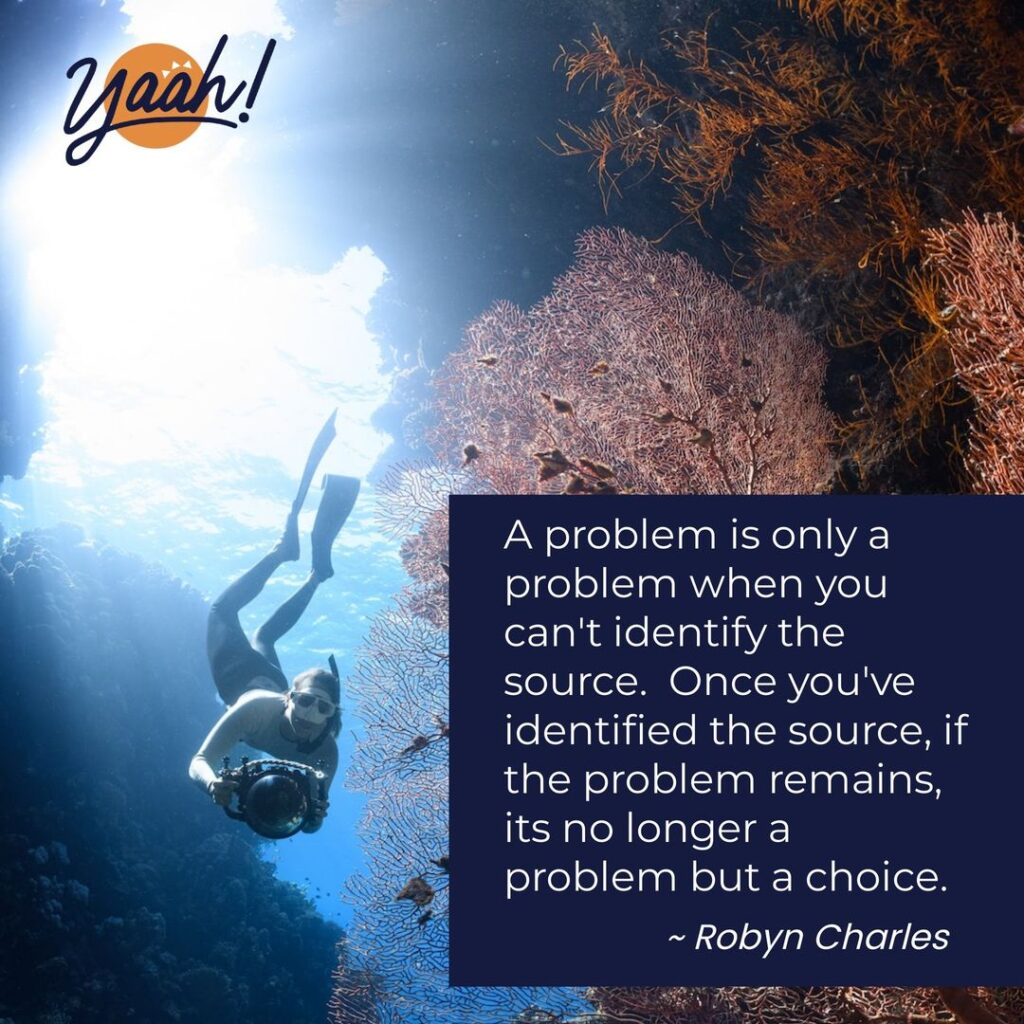
Every interaction is like an interview in which it is your job to read people’s reactions to your success and growth. We are evolving individuals, and everyone cannot continue on our journey or is qualified to join, reading their reactions to your accomplishments is one key way to identify who they are and where they belong in your life.
Other People’s Success
The way people perceive success varies based on their experiences, values, and insecurities. How individuals react to other people’s accomplishments can reveal much about their character. Some may genuinely celebrate achievements, showing support and security, while others might display envy or indifference, indicating issues like competitiveness or emotional immaturity.
Celebrating someone else’s achievements isn’t just about acknowledgment. Genuine celebration demonstrates respect, fosters positivity, and encourages collaboration, creating an environment conducive to mutual growth and success. Conversely, the inability or reluctance to celebrate others’ successes may indicate a lack of emotional intelligence.
Recognizing the importance of celebrating wins, both personal and shared, can improve motivation and create a more cohesive and high-performing community, team, or partnership (both personal or professional). Active participation in celebrating wins demonstrates a commitment to others’ success and contributes to a culture of appreciation, boosts morale, and encouragement.

The Hater
A person who struggles to celebrate success openly and perceives it as boasting may not be healthy to keep around for several reasons. Namely, because this may stem from their own insecurities or low self-esteem. Being around someone who constantly views success in a negative light cannot provide the support and encouragement needed in personal or professional relationships. They may be unable to genuinely celebrate your successes, which can lead to miscommunication and misunderstandings because they interpret you sharing your success as boasting.
Reading people’s reactions can be challenging but important for maintaining healthy relationships. Here are some signs to look out for:
They may not show genuine enthusiasm or happiness when you share your successes with them. Instead, their reaction might be lukewarm or indifferent.
They may make negative comments or react negatively when you share your achievements, perhaps downplaying your success or changing the subject quickly.
They may also struggle to acknowledge or celebrate the successes of others, not just yours. This pattern of behavior can indicate a general difficulty in recognizing and appreciating achievements.
They may have a generally negative outlook on life or frequently express feelings of inadequacy, which can manifest in their reactions to success.
High achievers often feel isolated or lack support because their success can trigger negative reactions when they are surrounded by people who are insecure and this may cause someone to pull back or tamper their ambitions.
Be Humble? Sit Down
Low-performing people often falsely accuse high-performing people of not being humble. When high achievers receive feedback that they are boasting, especially from someone they value or respect, they may internalize this feedback and start to question their own behavior. However, humility is not the real issue. Individuals project their feelings of inadequacy onto others due to their own insecurities and limited perceptions. High achievers may genuinely want to just share what they’ve done but feel pressure to downplay their accomplishments.

Humility is a nuanced trait that involves recognizing one’s strengths and accomplishments while also being able to acknowledge the contributions of others. It is not simply about downplaying achievements or avoiding recognition.
The Ability to Read People
It’s crucial to recognize when you’re not among supportive friends or allies because understanding how different people react to your successes can reveal their true feelings and motives. Once you see clear signs that someone doesn’t truly support you, you can’t play the victim when their actions reflect that lack of support.
For example, a colleague who genuinely celebrates your accomplishments with enthusiasm and support likely has a secure and collaborative mindset, creating a positive and growth-oriented environment. On the other hand, if you’re considering partnerships with unsupportive individuals, you shouldn’t be surprised if you encounter betrayal or deceit.

Learning to read people effectively can be transformative in various aspects of life. By reading people’s reactions, you can distinguish true allies from those who may not have your best interests at heart, guiding your interactions and collaborations more effectively.
Moreover, improving emotional intelligence through the skill of reading people enables better decision-making in personal and professional settings. For instance, in a team project, recognizing a team member’s hesitation through their non-verbal cues can prompt a supportive conversation to address their concerns promptly, fostering a more collaborative and productive work environment. Therefore, the ability to read people not only aids in understanding others but also contributes to building stronger and more meaningful connections based on empathy and comprehension.

Every interaction can be seen as an interview because it’s an opportunity to learn more about the people around you. When you share your successes and growth with others, you’re not just sharing information; you’re also observing their reactions. Just like in a job interview, you’re evaluating whether this person is a good fit for your life’s journey.
As we evolve and grow, not everyone can continue on our journey or is qualified to join us. Reading people’s reactions to your accomplishments is a key way to identify who they are and where they belong in your life. If someone genuinely celebrates your successes, it shows they are supportive and can be a positive influence on your journey. On the other hand, if someone reacts with envy, indifference, or negativity, it may indicate that they are not the right fit for your life at this time.
By paying attention, you can gain valuable insights into their character and intentions. This can help you make informed decisions about who to surround yourself with and who to keep at a distance as you continue on your journey of personal and professional growth.
Leave a Reply